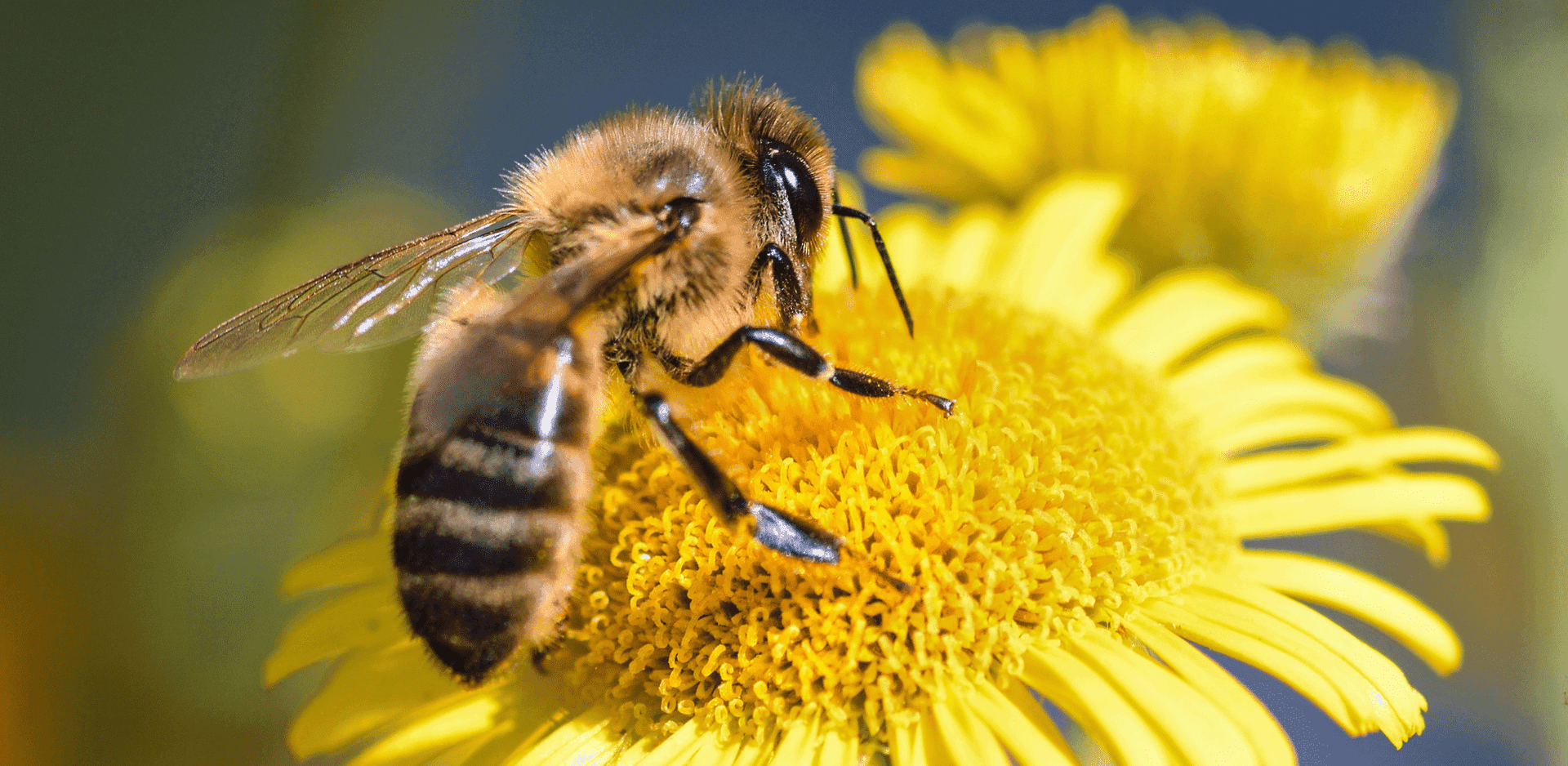Past Project
Supporting research with Ujubee project
South Africa, Africa
Overview
The Ujubee project is a vital conservation initiative focused on studying and preserving wild honeybee populations in South Africa. While many parts of the world rely on managed beekeeping practices with manufactured hives, 80% of honeybees in South Africa remain wild, playing a crucial role in the local ecosystem. The project gathers scientific data on these bees' natural habitats and behaviours, offering valuable insights that could help inform global honeybee conservation efforts.
In addition to its scientific research, Ujubee works to protect the delicate biomes, particularly in the Fynbos region, which is known as the smallest and most diverse floral kingdom in the world.
How We Support
The Slow Fund has contributed $7,500 in funding for 2019 and 2020 to support this important work. This funding provides the opportunity to study honeybee populations in their natural habitats and document their behaviors, contributing valuable research that benefits honeybee conservation worldwide. When possible, we bring our travellers through these areas in the Western and Eastern Cape, led by an ecologist to explain the importance of biodiversity and habitat conservation.

Hands-on Experience with Ecologists
Our Bespoke travel experiences take travellers to the regions where Ujubee works, offering the unique opportunity to see wild honeybee populations in their natural environments. With ecologists as guides, travellers are educated on the vital role these bees play in pollination and habitat health.

Awareness of Biodiversity Conservation
Through our partnership with Ujubee, we help raise awareness among travellers about the importance of biodiversity and habitat preservation, particularly in the fynbos region. This exposure not only enhances the understanding of local ecosystems but also creates advocates for future conservation efforts.

Support for Research & Habitat Protection
Our Slow Fund contribution supports ongoing research and habitat protection initiatives. This funding helps Ujubee monitor honeybee populations and protect the vital ecosystems where these bees thrive, ensuring their continued role in maintaining the region's diverse flora.
